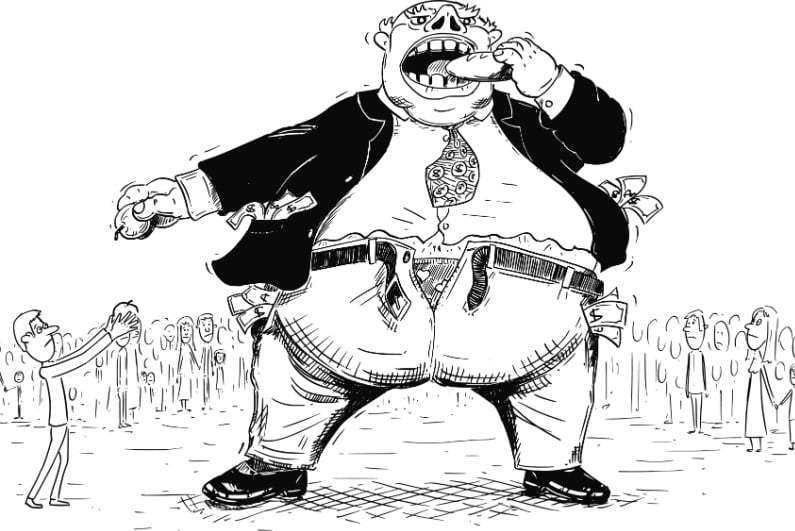After a major overhaul of gambling regulations in the summer, Sweden announced it would welcome online operators. The gambling regulatory body, Lotteriinspektionen, has received over 60 applications so far.
With the market due to open on January 1, 2019, it faces several complications due to the short turnaround time and concerns about welfare.
Gambling in Sweden
Traditionally, gambling in Sweden had been under the control of Svenska Spel, the state-owned operator.
However, new gambling laws approved in June did away with that monopoly and made it legal for residents of Sweden to play on international platforms against players from overseas. Of the 60 applications, 55 are from operators who want licenses for online casinos and sports betting.
Difficulties in the transition
There have been a few teething problems.
Lotteriinspektionen revealed that a lot of the applications received from operators were badly filled out or incomplete, leaving the regulator to chase after the information. The amount of time that the body has been given, from June to January, to get the country ready for this newly liberalized market has also been a problem.
The regulator’s director general, Camilla Rosenberg, noted that the period between passage of the new gambling law and the launch of the new market was “extremely short.” As a result, the regulator’s “absolute priority in the autumn is to process applications and make decisions about licenses.”
Licensing regulations unclear
It is indeed worrying to some operators that they have been told to apply but do not yet know the full licensing regulations. This is an issue that the Lotteriinspektionen says “will be clarified through jurisprudence.”
They acknowledge that “we do not have concrete answers” to questions submitted by operators seeking specifics on their responsible gaming and match integrity obligations. This lack of information has probably prevented more operators from throwing their hats into the ring.
Louise Nylén, VP of mobile gaming operator LeoVegas, recently said at a Stockholm seminar that it would have been better if the government had clarified the new market’s rules and regulations before licensees go live.
Advertising in gambling
There is also the question of whether or not to have a blanket ban on sports betting advertisements, like EU counterpart Italy. This is certainly a worry for most operators. Nylén cautioned, in local financial tabloid Dagens Industri, against such a policy, which has led to online operators who don’t have Italian licenses surging to the top of Google’s search rankings.
Other concerns about the welfare of vulnerable users have been raised, but the new Spelpaus.se system will allow players to exclude themselves from all real-money account-based gambling activity at once, either for a specific period or indefinitely.
Players on the exclusion list must then be blocked from gambling, and they cannot be subject to direct marketing.
The system is available for testing by licensed operators ahead of its launch in January of next year.
The world is watching
Neighboring countries will be watching to see if Sweden’s new regulations are successful. The country already offers a manageable tax rate of 18% and has welcomed new applications ahead of its launch, while freely admitting there are a few teething problems.
It has already proved much more popular than Poland, which launched its online licensing (for anything other than sports betting) in April 2017 and had only ten operators sign up, which has been attributed to the high 12% tax on turnover.




